Tag Archives weeds
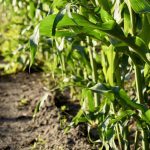
Controlling weeds in organic production a continual learning process
It’s about trial and error, and what works on your farm

Weed seed destructors gain ground among producers
Attaching a hammer mill to a combine is catching on in Australia, but North American farmers have been more cautious

What’s next for precision spray application?
It’s AI technologies that incorporate a deeper learning, says Australian expert
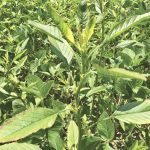
Managing Ontario’s devious weed duo
Strategies offered on how to deal with herbicide-resistant fleabane and waterhemp
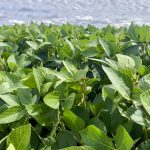
How to keep soybeans weed-free
Design weed control plans to help the crop out-compete problem weeds

How intensive agriculture turned a wild plant into a pervasive weed
Science Notes: Herbicide resistance continues to challenge growers
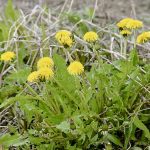
Interest wanes in biopesticides, says scientist
A variety of roadblocks can impede commercialization of biological crop protection products, making them too expensive
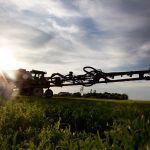
Opinion: The many tools of agriculture

Weed management brings high return on investment in dry beans
Researchers evaluate costs and tank mixes for optimal control

Research team looks at sandblasting-style weed control
Projectile method needs work to tackle between-row growth
